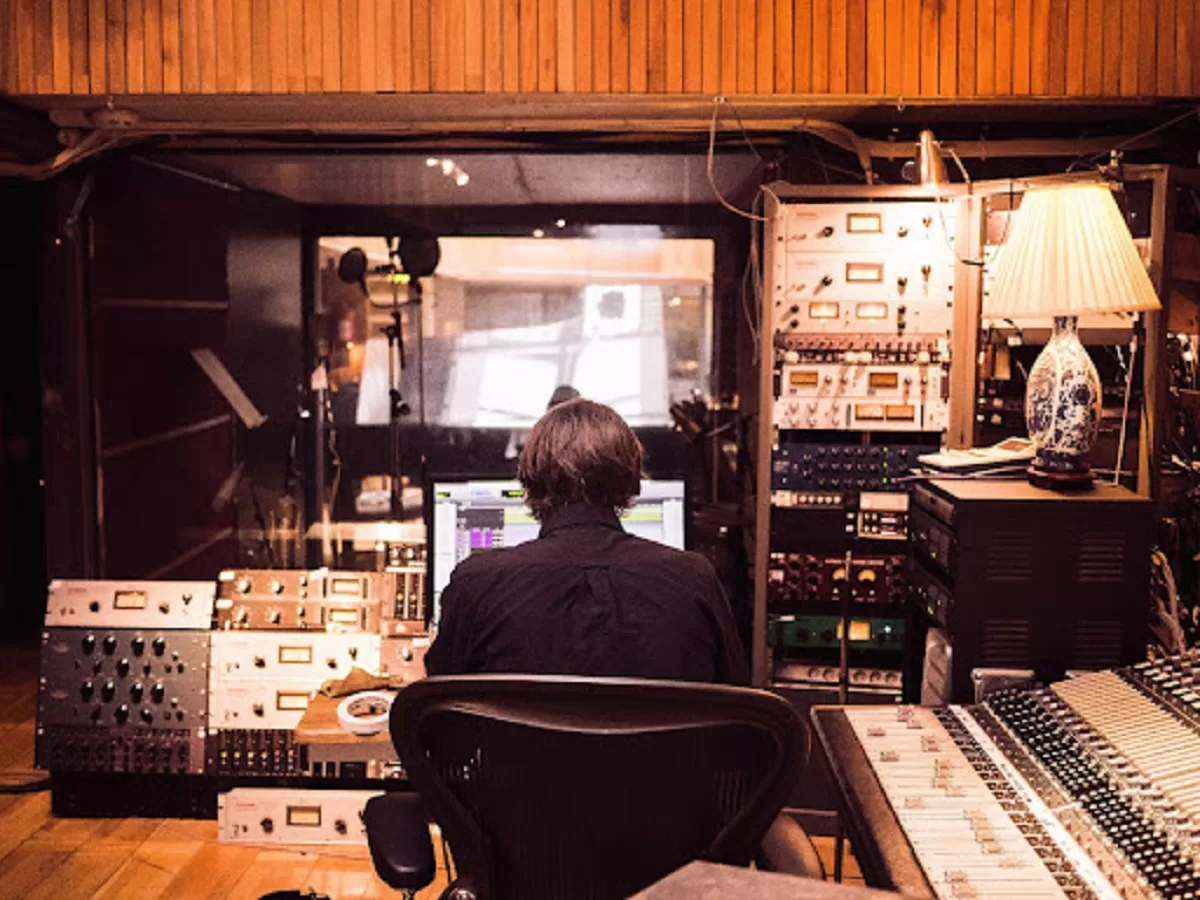The Harmonious Power of Royalty-Free Music in Elevating Young Directors’ Films

In the realm of filmmaking, young and aspiring directors often face numerous challenges in their quest to create captivating and unforgettable cinematic experiences. From tight budgets to limited resources, these hurdles can sometimes compromise the overall quality of their films.
However, there is one valuable resource that can greatly enhance their storytelling: royalty-free music. In this article, we will explore the myriad ways in which royalty-free music empowers young directors to craft better movies.

Cost-Effective Soundscapes
One of the most significant advantages of using royalty-free music in film production is its cost-effectiveness. Unlike traditional music licensing, which can be prohibitively expensive, royalty-free music allows young directors to access a wide variety of musical compositions without breaking the bank. This cost-effective approach frees up budgetary resources for other critical aspects of filmmaking, such as casting, set design, and post-production, ensuring that the film’s overall quality is not compromised due to budget constraints.
Enhanced Emotional Impact
Music has the remarkable ability to evoke emotions, intensify suspense, and heighten the overall impact of a film. Young directors can leverage royalty-free music to imbue their movies with the desired emotional tone and atmosphere. Whether it’s a poignant love story, an action-packed thriller, or a heart-pounding horror film, royalty-free music libraries offer a wide array of compositions that can be precisely tailored to complement the narrative. This empowers directors to create a more immersive and emotionally resonant cinematic experience for their audience.
Creative Flexibility
Royalty-free music provides young directors with a vast and diverse selection of tracks, enabling them to explore various musical genres, moods, and styles. This creative flexibility allows directors to experiment with different soundscapes and find the perfect musical accompaniment for their films. They can easily switch between genres or adapt the music to suit the evolving needs of the story, ensuring that the soundtrack seamlessly integrates with the narrative and enhances the overall viewing experience.
Legal Security
When using royalty-free music, young directors can rest assured that they won’t encounter legal issues related to copyright infringement. Unlike copyrighted music, which requires complex licensing agreements and the payment of royalties, royalty-free music comes with clear and straightforward licensing terms. This legal security provides peace of mind, allowing directors to focus on their craft without the fear of facing legal repercussions down the road. It also simplifies the distribution and exhibition of their films, as they won’t need to negotiate additional music licensing agreements with distributors or platforms.
Tailored Soundscapes
Every film has its unique requirements when it comes to music. Royalty-free music libraries offer tracks that can be easily tailored to match the pacing, timing, and emotional beats of a film. Young directors can customize these tracks by adjusting their length, tempo, or instrumentation to align perfectly with the visuals and narrative. This level of control enables directors to create a cohesive and harmonious auditory experience, ensuring that the music complements the on-screen action flawlessly.
Quick Access to Quality Music
In the fast-paced world of filmmaking, time is of the essence. Royalty-free music platforms provide young directors with an efficient and convenient solution for accessing high-quality music. The music selection process is streamlined, allowing directors to quickly find the right tracks for their projects without the extended delays that can occur when negotiating licenses with individual composers or music publishers. This accessibility to quality music helps maintain the momentum of the production and ensures that the film remains on schedule.
Seamless Integration with Sound Design
Sound design is a critical component of filmmaking, and the interplay between music and sound effects can significantly impact a film’s overall quality. Royalty-free music can be seamlessly integrated with custom sound design elements to create a cohesive and immersive auditory experience. Young directors can synchronize music with on-screen action, dialogue, and sound effects, enhancing the film’s overall sonic landscape.
Collaborative Opportunities
Royalty-free music libraries often provide the opportunity for young directors to collaborate with emerging and talented composers. These platforms can serve as a meeting point for creative minds looking to enhance their portfolios. Directors can find fresh and original compositions that align with their artistic vision and, in some cases, work directly with composers to customize music for their films. This collaborative aspect adds a unique and personal touch to the soundtrack, elevating the film’s quality while supporting emerging talents in the music industry.
Global Accessibility
Royalty-free music platforms offer access to a diverse range of music from around the world. This global accessibility allows young directors to infuse their films with diverse cultural influences and musical styles. Whether it’s incorporating traditional instruments, world music, or regional genres, royalty-free music enables directors to tap into the rich tapestry of global soundscapes, enriching the film’s authenticity and broadening its appeal to a global audience.
Scalability for Future Projects
As young directors build their careers, the use of royalty-free music in their early projects can establish a scalable and efficient approach that they can carry forward into future endeavors. They can create a personal library of royalty-free tracks that fit their signature style, making it easier to find the perfect music for their upcoming films. This scalability ensures that their films continue to benefit from the advantages of royalty-free music, allowing them to consistently produce high-quality work throughout their careers.
In conclusion, royalty-free music is a valuable asset that empowers young directors to create better movies by providing cost-effective soundscapes, enhancing emotional impact, offering creative flexibility, ensuring legal security, enabling tailored soundscapes, granting quick access to quality music, supporting seamless integration with sound design, facilitating collaborative opportunities, offering global accessibility, and establishing scalability for future projects.
By harnessing the diverse range of music available through royalty-free platforms, young directors can enhance their storytelling and take their cinematic creations to new heights, captivating audiences with impactful and memorable films.










